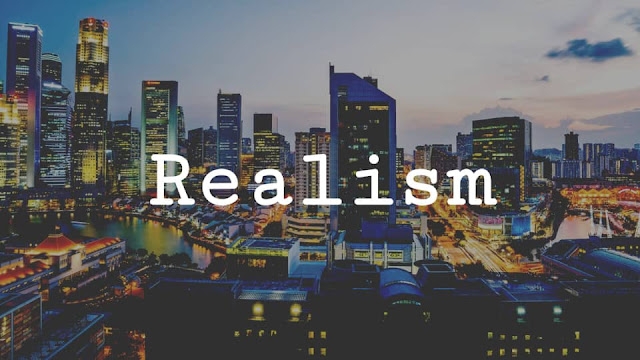"[Sustainable cities] must promote efficient economic activities, ensure that all citizens can benefit from them, and must do so in a way to preserve the biodiversity, safe air and water, and physical health and safety of the citizens..." (Jeffrey Sachs, Age of Sustainable Development, 366)
Hardly can one find fault with such utopian ideal. The problem is that it is talking about heavenly city and its angels, not earth and its humans.
How to promote efficient economy that all citizens can benefit?
Any market-influenced (efficient) economy will definitely have competition, which means not all citizens can benefit, not to mention the other elements in the sentence.
History has shown there is no such thing.
Simple case, if I only have enough money to buy one book from two books on sustainable development that I have shortlisted, I can only choose to buy one and contribute the book royalty to one of the authors and not both.
Any market-influenced (efficient) economy will definitely have competition, which means not all citizens can benefit, not to mention the other elements in the sentence.
History has shown there is no such thing.
Simple case, if I only have enough money to buy one book from two books on sustainable development that I have shortlisted, I can only choose to buy one and contribute the book royalty to one of the authors and not both.
Unfortunately many undiscerning readers buy into such utopian ideal and lobby against government's policy which falls short of being utopian. This is not only non-constructive but also democratically disruptive for its lack of grasp of the social and human condition.
Therefore, a healthy dose of realism is needed in deliberating over sustainable development. Only realism able to provide a sure foundation to evaluate the sustainability of a policy.
